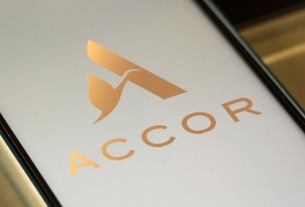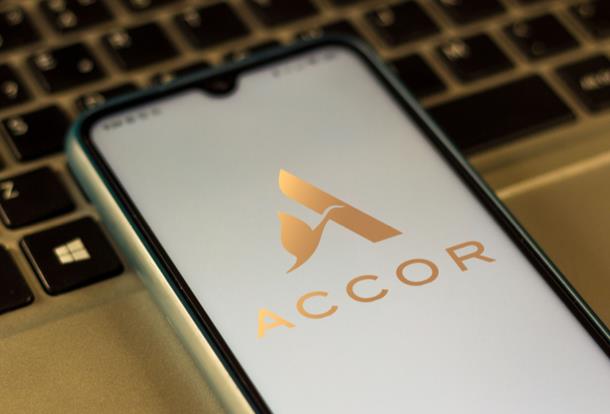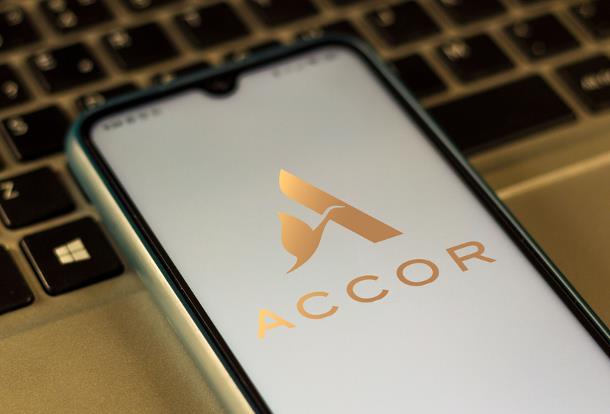And, as always, we’ve asked friends and family of Tnooz to help us out.
Here is part nine of our 12-section bonanza – shifts in hotel digital marketing.
Cindy Estis Green, co-founder and CEO of Kalibri Labs, a DC-area-based, big data analytics company helping hotels benchmark their revenue performance.
It’s been a busy year in the digital marketplace. Some of the most significant moves involved consolidation in both OTAs and hotel companies and the migration of meta-search to instant bookings.
The OTAs are likely to expand beyond traditional booking platforms with Priceline leading this charge through BookingSuite. The tools will offer independent hoteliers technology to manage distribution and hotel operations.
Not to be outdone, Expedia deployed a rapid-fire series of OTA acquisitions along with investment in apps to manage onsite guest experience. Looks like this could be a toe in the water of hotel technology.
Accor launched its own booking platform, AccorHotels, inviting independent hotels to join without a need to affiliate with an Accor brand.
For Accor, once on their platform at a commission rate substantially below the OTA rates (published as 14% vs. the OTA’s 20%-25%), the hotel can opt in for paid participation in other services, such as a website booking engine, web design services, or the loyalty program. Those opting in for these services receive a commission reduction to 12%.
Accor’s provocative move may signal a gradual industry shift to a new hybrid franchise model that is pay-as-you-go in order for the hotel brands to prevent wholesale adoption of OTAs for services previously only offered by brands. This may enable more competition with the OTAs and potentially bring down customer acquisition costs.
The pending Marriott-Starwood and Accor-Fairmont (FRHI) mergers are likely the start of a long line of M&A activity on the hotel front.
In keeping with the Accor model, I predict the most important shift will be the expansion by hotel chains of their soft brand offerings to attract independent operators; this will both preempt the OTAs and create more scale to negotiate with the growing strength of meta-search players.
Airbnb is ramping up with short-term rental inventory, and this has triggered moves by Expedia and Priceline to do the same. I expect the OTAs will play up their advantage in offering both hotel and short-term rental options to differentiate from Airbnb.
Patrick Bosworth, co-founder and CEO of Duetto, a revenue strategy software provider
I keep hearing the hotel industry will follow the airlines and begin unbundling some of its typical services and charge for those amenities that cost little to provide.
I’m not convinced that’s a great idea and don’t believe we’ll see that this year. But I do believe 2016 will be the year hoteliers improve guest communication pre-stay and focus on the upsell over the upgrade.
As distribution costs and complexities continue to rise, operators face intense pressure to improve revenues and profitability.
Upselling and cross-selling through the customer lifecycle can drive revenue while also providing guests an opportunity to purchase something they really want. Here’s a great example:
At a panel discussing new business models at the Revenue Strategy Summit this summer in Washington D.C., a tech startup presented its platform that provides hoteliers the ability to sell rooms to consumers for a few hours at a time during the day.
Instead of the typical 3 p.m. check-in and noon check-out, customers can pay to arrive early, stay late, or spend just a few hours at a hotel during a long layover or before an evening show.
But the response from some in the audience seemed to be more about how and why this couldn’t work. I’m not sure if this company will succeed, but I know there’s consumer demand for such offerings.
Today’s marketplace requires customization and personalization and if a consumer wants to check-in at 8 a.m. or out at 8 p.m., and rooms are available, hotels should find a way to sell that option.
This may complicate operations, but if the flexibility is something consumers want and will pay for, “that doesn’t fit my business model” can’t be the response. If it is, and there’s real demand, innovation will be driven by someone who may not share the hotelier’s business interests.
I recently read how another startup was enabling mobile conversations between hotel and guest before arrival and through the stay. Hotels have intimate relationships with guests and need to leverage that trust before they arrive. Hospitality can’t start when guests walk through the front doors.
At the same time, more frequent and personal communication can lead to expanded opportunities for upselling and marketing other products.
Rather than randomly awarding upgrades at the front desk, hoteliers should be analyzing data and offering special deals on suites or rooms with other amenities before check-in for variable pricing depending on the customer’s lifetime value.
Hoteliers have always focused on guest experience, but this year, I hope, the effort begins before guests arrive on property and extends throughout the customer lifecycle.
Rich Maradik, board member for the US Travel Association and founder of nSight, provider of consumer shopping intelligence for the travel industry
In 2015, the travel industry experienced the beginnings of a shake-up in the use of Big Data for hotel marketing and merchandising.
Traditionally, hotels only used their own historic data, static rate shopping comparisons, and on-the-books data for booking trends to provide competitive insights. This type of data also served as the basis for financial modeling and forecasting decisions.
That began to change this year.
Hotels evolved from using only historic data to using the real-time and forward-looking data that’s now available to improve their revenue and marketing practices.
The insight from Big Data is helping hotels improve what they are already doing in critical functions like pricing and distribution, as well as making their marketing in channels like Google, Expedia, TripAdvisor, email and social marketing perform better.
In 2015, hotel marketing and merchandising advanced with the ability to identify active shoppers by demographic profiles and source market geography with Big Data sources beyond the hotel’s website.
Now hotels can package web promotions, email offers, social media, display ads and OTA ads to the right demographics that are shopping across the web for future hotel stays.
In 2016 Big Data will continue to evolve from being just a “buzzword,” or a theory, to something more practical. For hotel marketing directors, it’s about being able to take action on more than gut feel with metrics and results behind it.
This trend will accelerate differently across various segments of the industry in 2016 with larger independent hotels and smaller chains likely leading the way.
Why? These organizations have the greatest need to innovative and grow profitability in the face of the higher third-party fees they pay and a lack of access to a broader distribution platform. Also, they can move more quickly because of their size.
It will be exciting to see the changes unfold in 2016.
Read original article




